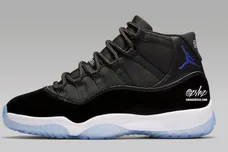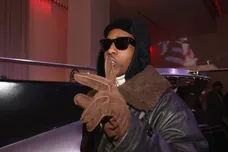Drake has been scorned by most of the hip hop world for taking legal action against UMG and Spotify. The rapper filed a legal petition against the massive companies for allegedly "inflating" the numbers for Kendrick Lamar's "Not Like Us" diss. Drake claimed that UMG and Spotify conspired to make sure that the song topped the charts. The speculation has continued to be rampant, with regard to whether the 6 God had a case, or if he would be forced to go to court. Well, the legal saga came to a close on Tuesday.
Drake withdrew the petition against UMG and Spotify on January 14. The rapper and his legal team sat down with the companies earlier in the day. The petition was withdraw in the state of New York, and it's been stated that there will not be "costs to any party" as a result. It's important to note, however, that the rapper filed a petition in both New York and Texas. The Texas petition is still active, and wasn't addressed by Drake's legal team. Not yet, at least. Drake's decision to withdraw the petition has surprised many and let to speculation as to why.
Drake Will Not Suffer Any "Costs" Over His Petition
Some social media users theorize that the rapper did not have as much evidence as he initially posed. Others, however, speculate that he did, and UMG and Spotify reached an agreement to save face. It has not been revealed what the true nature of the agreement was. It is surprising to see the legal proceeding come to an end so quickly. Drake made it seem as though he was not willing to back down against UMG and Spotify as recently as December. Spotify issued a statement refuting all the claims the rapper made against them.
"The predicate of Petitioner’s entire request for discovery from Spotify is false," the company stated. "Spotify and UMG have never had any such arrangement." Drake's legal quickly responded. They made it clear that they predicted Spotify's reaction and doubled down on their allegations. "It is not surprising that Spotify is trying to distance themselves from UMG’s allegedly manipulative practices," they wrote. "If Spotify and UMG have nothing to hide then they should be perfectly fine complying with this basic discovery request." Hopefully more details come to light.









